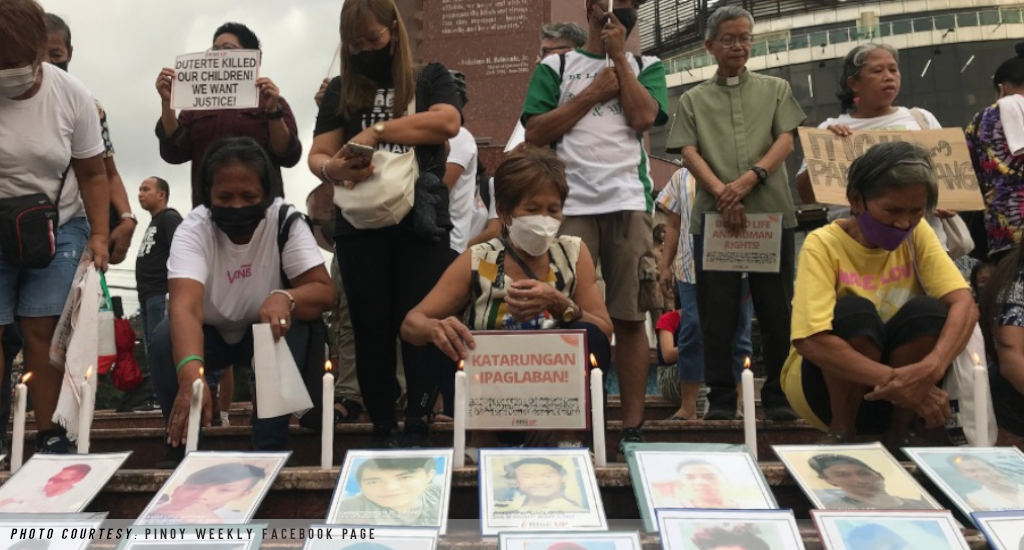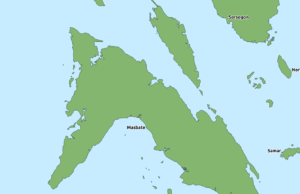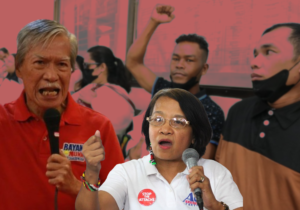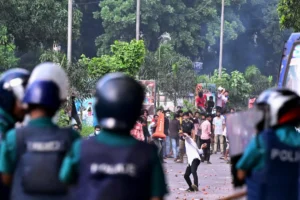Enforcement of ICC arrest warrant not impossible in the Philippines


The lawyers of the victims of the “war on drugs” who approached the International Criminal Court clarified on February 10 that it is “not impossible” to enforce the arrest of anyone proven guilty of crimes against humanity in the context of the ongoing investigation in the Philippines.
“The arrest warrant issued by the ICC must be enforced by police forces everywhere in its 123 member countries,” according to the National Union of People’s Lawyers and Rise up for Life and for Rights. While the Philippines is no longer a member of the ICC, the Philippine National Police may still be compelled by other reasons to implement it, according to lawyers.
One of the things that can happen is the Philippine president’s order to implement the mandate in the effect of an extradition request, or in compliance with its international obligations. Also, the Philippines is a member of the International Criminal Police Organization (Interpol), which has an agreement on data sharing and cooperation with the ICC. The court can seek help from Interpol to provide information and communication related to the fugitives, the lawyers said. Until it is executed, an international arrest warrant is enforceable.
“The world will keep getting smaller and smaller for human rights violators and international criminals,” according to the groups. “As it should.”
Meanwhile, lawyers condemned the “gaslighting” of investigation targets on victims of the “war on drugs.” They denounced the continuous attacks of the Dutertes, including Sara Duterte, and that of Bato de la Rosa, against the ICC.
The lawyers said they have the opportunity to participate in the process, so they can officially register their objections and statements. Right now, they are just “talking to a fence post” with their remarks.
“It is actually in their interest to formally air their side before the ICC decides on whether there is reasonable basis to believe that they were complicit in the commission of crimes against humanity in the Philippines,” according to the lawyers.










